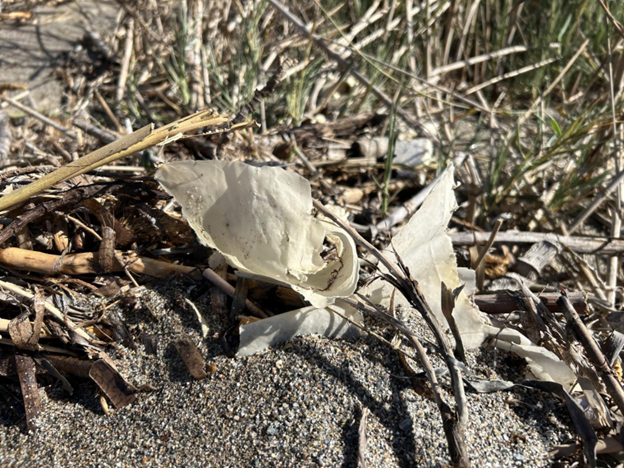Toxic Life: Ecologies and Infrastructures Working Group

Description
This interdisciplinary working group seeks to think critically about how infrastructures, ecologies, and differential forms of “toxicity” are co-produced. We take an expansive approach to toxicity, treating it not only as a chemical or environmental condition, but as a complex and mediated formation that is simultaneously social, political, historical, and material. We live in “toxic times,” feel the threat of toxic discourse, and are awash in toxic materials.
The group aims to trouble dominant frameworks of environmentalism that erase, obscure, or “settle” the structural and historical dimensions of toxicity. From settler colonial infrastructures of land contamination (and accompanying epistemic violences) to environmental injustice in racialized communities, to the extractive and precarious labour relations central to just-in-time production and distribution of goods around the globe — we seek to interrogate how toxicity is located, materialized, and mediated. Thinking through the mechanisms by which certain bodies, places, and relations are rendered toxic, we attend to the intersections of labour, place, and scale in a world structured by hyper-exploitative transnational capitalism, persistent colonialisms and occupations, large-scale infrastructure, and environmental ruin.
Organizers
Krista Lynes, Professor
Department of Communication Studies
Ayesha Vemuri, Research Fellow
Feminist Media Studio
Alba Clevenger, Coordinator
Email: alba.clevenger@gmail.com
Key questions
- How might we expand the notion of toxicity beyond chemicals to also encompass land relations, labour practices, waste production and disposal, affective practices, etc.?
- Can toxicity help us think more expansively and critically about the transformation of landscapes, bodies, and relations through processes of imperialism and capitalism?
- How does scale impact toxicity? What role do environmental infrastructures play in shifting the pace (times/spaces) of social processes in toxic or reparative ways?
- What do we do with epistemic infrastructures that are deeply saturated with colonial, racial, and gendered histories of violence? How might we repurpose or refuse them?
- What ethical and justice frameworks help us think otherwise about justice and repair?
Group members
Farah Atoui, Assistant Professor
Film Studies, Concordia University
Darin Barney, Professor
Communication Studies, McGill University
Isabelle Boucher, PhD candidate
Communication Studies, Concordia University
Melina Campos, PhD candidate
Sociology & Anthropology, Concordia University
Alba Clevenger, MA student
Media Studies, Concordia University
Madhubanti De, PhD student
Communication Studies, Concordia University
Yuriko Furuhata, Associate professor
East Asian Studies, McGill University
Kevin Gould, Associate professor
Geography, Planning & Environment, Concordia University
Kregg Hetherington, Associate professor
Sociology & Anthropology, Concordia University
Soheil Kajal, PhD student
Film Studies, Concordia University
Sneha Kumar, PhD candidate
Film Studies, Concordia University
Krista Lynes, Professor
Communication Studies, Concordia University
Laura Pannekok, PhD candidate
Communication Studies, Concordia University
Nildeep Paul, PhD candidate
Film Studies, Concordia University
Sanaz Sohrabi, Assistant professor
Communication Studies, Concordia University
Ayesha Vemuri, Research Fellow
Feminist Media Studio
Activities
As part of this working group, members will meet monthly to discuss texts that approach questions of ecological and infrastructural toxicity. Through regular meetings, we hope to foster critical exchanges and collective inquiry into the politics, aesthetics, and lived realities of toxic life. We also aim to organize public-facing events that engage a broader audience with questions of toxicity, ecology, and infrastructure. We will also invite members to share in-progress work with the goal of curating a future symposium that could expand into a special issue or edited collection.

